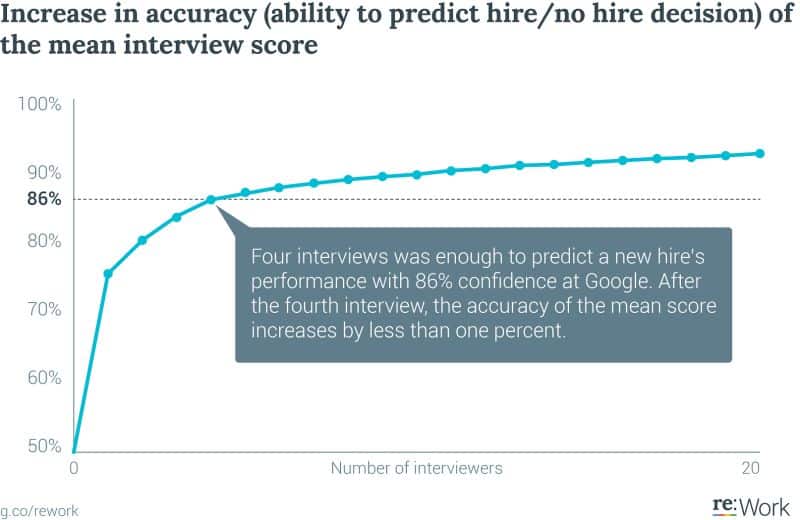Guest blogger: AK Menon, Options Executive Search Pvt Ltd and NPAworldwide
 Are we increasingly seeing more broken recruitment processes?
Are we increasingly seeing more broken recruitment processes?
A recent post on LinkedIn about recruitment posted by Mike Conley went viral with more than 3 million views.
He was justifying his decision to pull out of a recruitment process after four rounds of interviews when the hiring company wanted to schedule interview rounds 4, 5, 6, 7, 8 and 9. His post.
His experience was also picked up by Forbes
Read Forbes’ original article, here.
The true desire of making the right choice has built a culture of fear of making the wrong choice. This fear of making the wrong choice has led to super complex hiring processes.
The recruitment process in companies is increasingly reminding many of The Hunger Games film.
Who is left standing?
Rather than the fittest and smartest surviving, only the least burnt out are left standing?
One mistake I see a lot is in thinking that a high rejection rate in their recruitment funnel is a badge of honour
Ironically, as Anshumani Ruddra recently tweeted
There is no solid proof that a more complex process results in a better candidate selection.
It is indeed a Catch22 situation.
Something Reid Hoffman alluded to in 2014, in his book ” The Alliance” – but it is most apparent now more than ever. The employer-employee relationship is broken.
Managers face a seemingly impossible dilemma: You can’t afford to offer lifetime employment. But you can’t build a lasting, innovative business when everyone acts like a free agent.
The #candidateexperience is becoming the difference between the best companies and the rest.
Let’s not forget that even though you may be interviewing candidates for a job those candidates are also interviewing you. If your process is not designed to be efficient and engaging it increases the risk of the top candidates dropping out.”
Konstanty Sliwowski
It leaves a lot of questions that we need to mull on
How many #interviews should a job seeker sit through?
If your Hiring Managers are not empowered to make a hiring decision on their own, or they are too afraid to decide without having several other colleagues’ ‘votes’ on a candidate, it probably speaks to the culture in general? Questions to you:
Questions to you:
Is it time for employers not to lower their interview and decision standards but instead ease the evaluation?
Did you know that Google found a way to reduce their job interviews from 12 to 4 rounds only?


